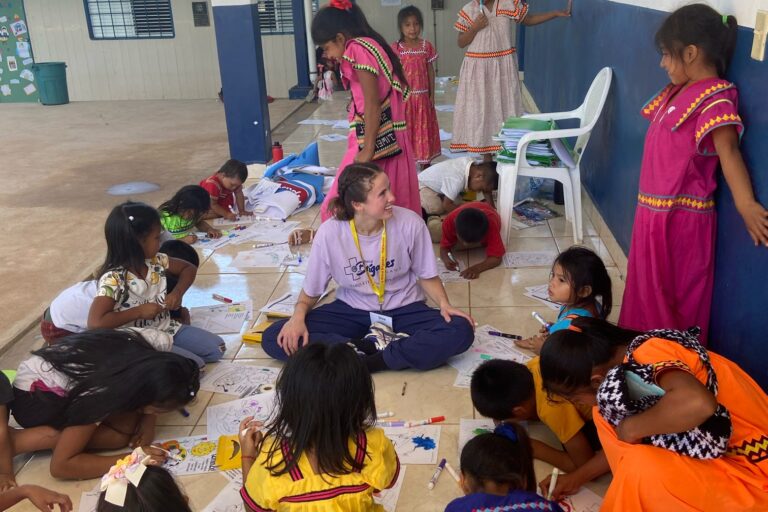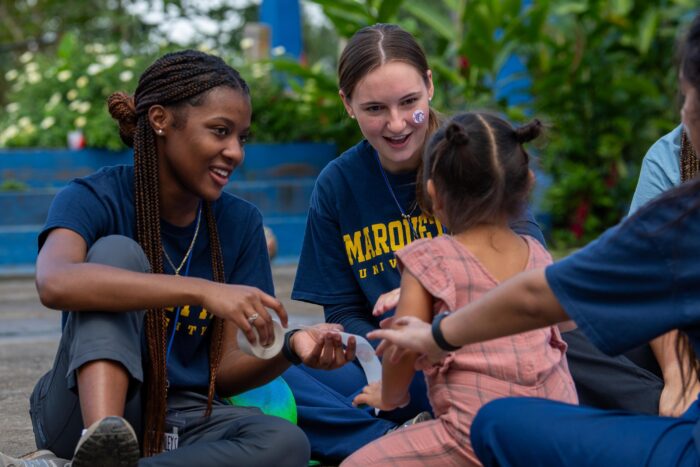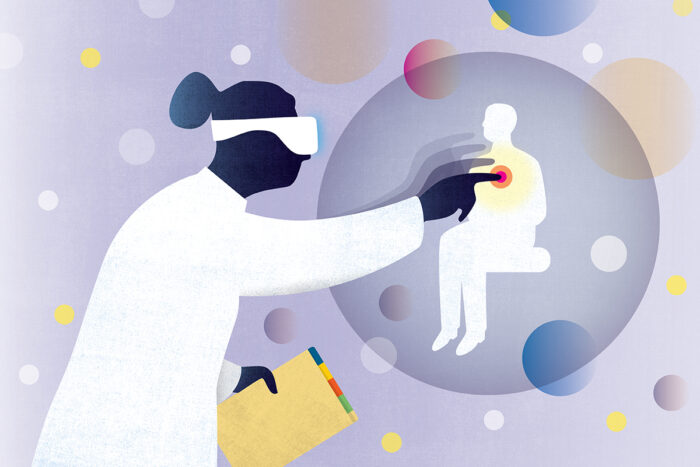There are organizations around the country that take students to developing countries to provide basic medical care to residents. They offer free clinics and perform basic, crucial procedures to improve the lives of those without access to health care. Global Brigades is one of these organizations — but it is also much more.
Founded at Marquette in 2003 by alumna Dr. Shital Vora, H Sci ’04, PT ’06, Global Brigades is the largest student-run humanitarian organization in the world. Chief among the organization’s priorities is giving people the tools to build and sustain healthy and thriving communities themselves.
“It’s not just going in with a quick fix,” says Barbara Burja, CJPA ’93, adviser to Marquette’s chapter of Global Brigades. “The end goal is that Global Brigades never needs to come back.”
Twenty years since its founding, Global Brigades now has hundreds of chapters at universities across the world and partners with communities in seven countries on four continents. Participants have given more than 1.6 million patient consultations, provided clean water to over 50,000 people, trained 700 community health workers and invested almost $6 million in community banks and businesses.
Students dedicate their short breaks between semesters to arduous, rewarding trips working alongside community members providing medical care, sanitation, clean water, trustworthy banking and more.
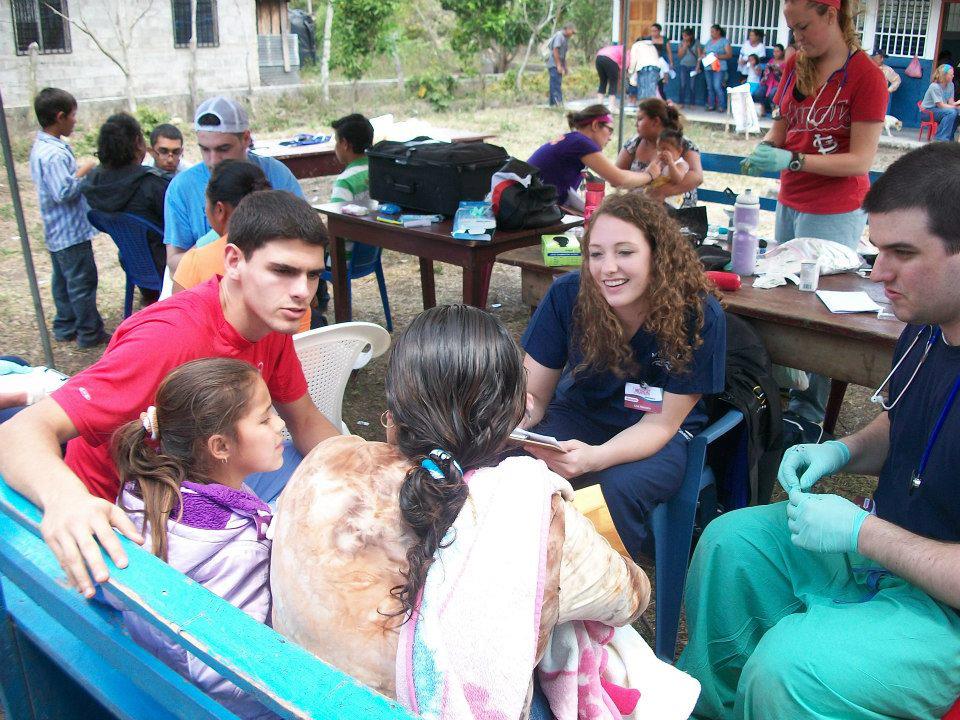
Lifting communities up
Global Brigades’ philosophy is rooted in an inescapable question many community volunteers face, says Michelle Schuh, assistant dean in the College of Health Sciences and an early leader with the organization. “When we would go back to the States, we would ask ourselves, ‘OK, now what will happen after we leave?’” she says.
The answer lay in giving communities the resources and knowledge to actively manage their own health care, water infrastructure and other key contributors to health.
Global Brigades is training community health workers, Burja says. “They’re training up individuals that will stay with the community.”
Giving communities the tools to manage their own health care also requires recognizing the true scope of the challenge. It’s difficult to offer medical care without sanitation stations that include sinks and toilets. But you can’t offer sanitation stations without clean water. And building clean water systems takes money.
A holistic approach to health
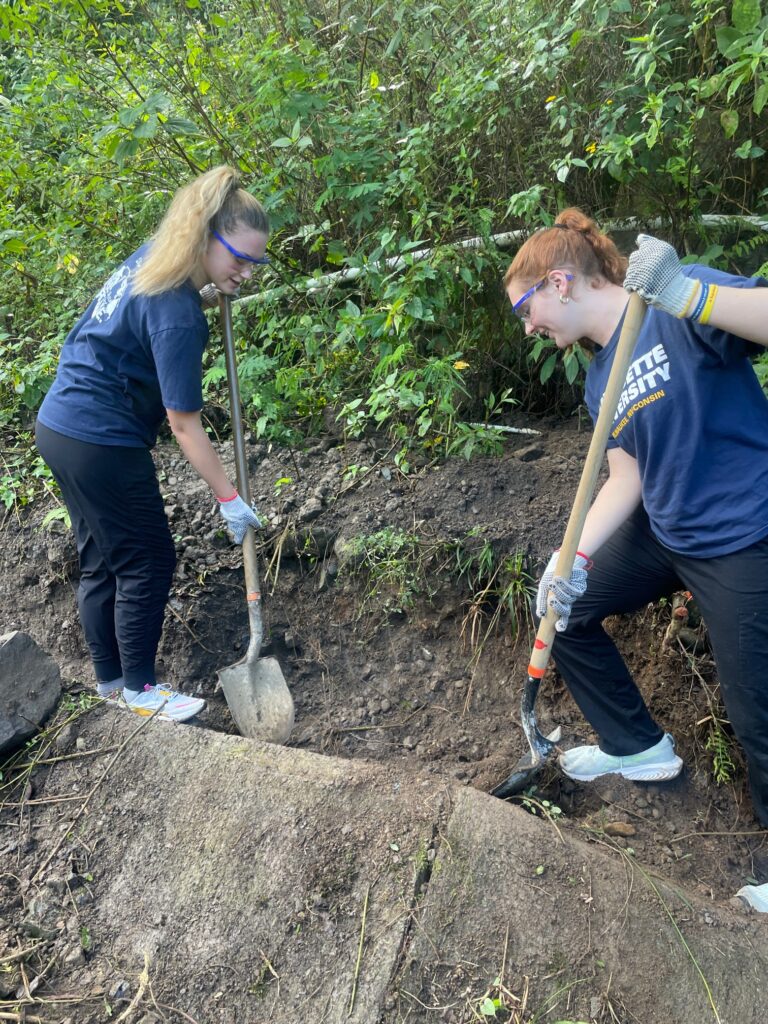
To encompass the interdependent factors that support sustainable health, Global Brigades has embraced a multifaceted approach that includes clean water, sanitation, banking and even microfinance projects to provide small loans for communities to invest in themselves. Each project emphasizes training community members and local leaders to manage infrastructure on their own, whether it’s a medical clinic or a water filtration system. The approach is always different, Burja says, but the goals are the same.
“It’s not always having this picture-perfect model,” she says. “It’s really working with the community, and finding out what the community’s needs are.”
The work can take years, and multiple trips to the same community. But the goal is what Global Brigades calls a “sustainable exit,” meaning a community has been empowered to provide for itself. Today, many of the communities it works with are on their way to such an exit. Fifty communities have regular, equal and affordable access to a health care professional and medications, for example, while 84 have continuous access to a clean water system with a water council to oversee it in place.
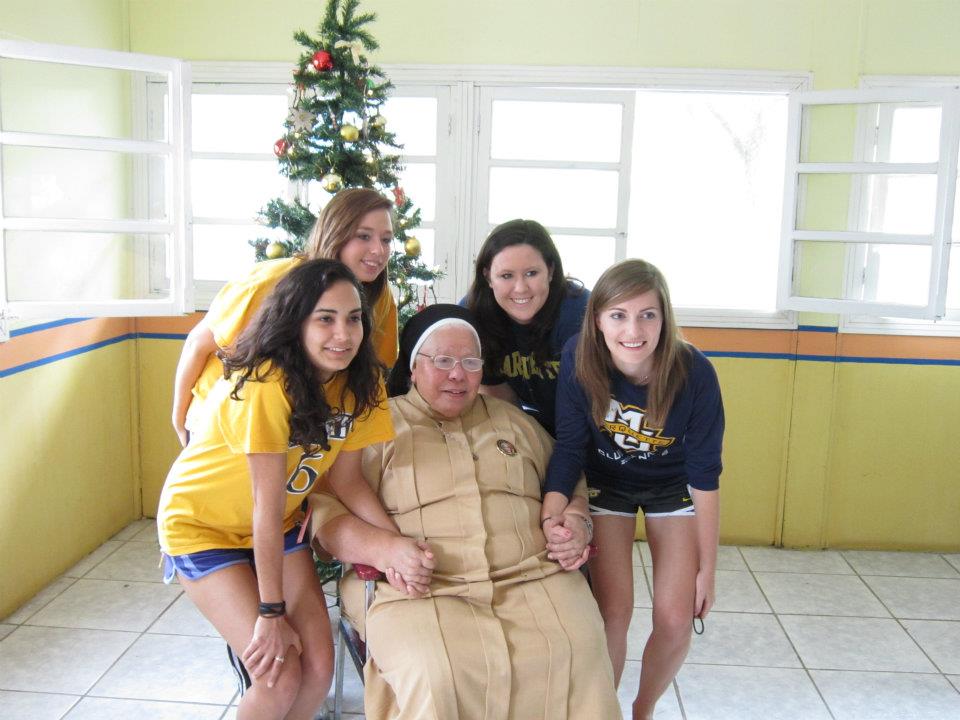
Finding their path
Because students spend almost every waking moment of their trips working with communities, a Global Brigades experience can be an enlightening trial by fire. Some emerge with their choice of major reaffirmed, while others might learn that their passions lie elsewhere.
Schuh recalls one pre-med student who never seemed quite certain of his career path. “He went down, participated in the dental brigade, came back, and he’s like, ‘I am pre-dental,’” she says. “And now he’s a dentist.”
Seeing the impact of Global Brigades’ holistic approach firsthand can be eye-opening for the student volunteers as well. Abby Puglisi, D.O., H Sci ’10, now a physician in Berlin, Wisconsin, served as Global Brigades co-president in 2010 and went to Honduras three times with the organization.
“One of my biggest takeaways was realizing that the thing we’re bringing isn’t always what a community needs,” she says. Instead, leaving preconceived notions at home and engaging firsthand with the community members creates a basis for true partnerships and better care.
Puglisi’s experience with Global Brigades proved truly formative. She now offers full-spectrum care to rural communities in central Wisconsin, seeing patients both in the clinic and during rounds at a hospital. She also delivers babies. It’s work similar to what Global Brigades offers in the communities it partners with, but close to home.
“I realized that global health can be anywhere in the world,” she says. “I didn’t need to travel anywhere to find need.”
